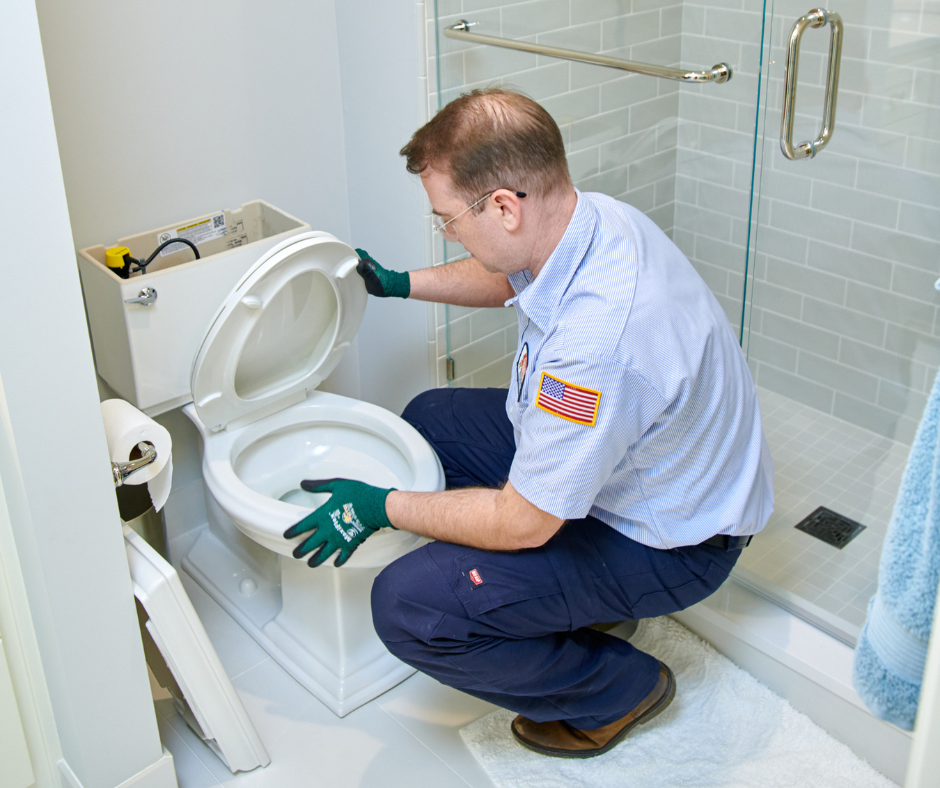All Categories
Featured
Table of Contents
However, prior to you rush to call a plumbing technician or make some poor do it yourself option, you could intend to take a look at these pipes tricks that can conserve you time and money. It is very important to understand where you water turned off shutoff remains in your home, as this can save you from even more major damage when pipes issues occur.
Once whatever is shut off, have a look at your water meter. If the meter proceeds to relocate, it's most likely that you have a leak somewhere in your system. This approach will not tell you where the leak stems, however it's a good primary step toward identifying a trouble. A continued movement on your water meter when all water sources are switched off is a clear warning that needs immediate focus.
Slow drains are frequently an early warning sign of a bigger concern. It could indicate a blockage planned, an issue with your drain line, or also tree roots infiltrating your pipes. Rather of awaiting the drainpipe to come to be totally obstructed, take activity as quickly as you see a slowdown.

If these do not work, it might be time to call in a specialist. Ignoring the concern can lead to much more serious and costly problems down the line. Recognizing where your major water shutoff valve is can save you from potential water damage in situation of a major leakage or plumbing catastrophe.
Should I Do My Own Plumbing?
Ensure every home grown-up knows where the shutoff valve is and how to utilize it. In case of a serious leak, quickly switching off your home's water supply can minimize damage and give you assurance while you await a plumbing professional to get here. It's a popular concept that chemical drain cleaners are the utmost solution for clogged up drains a concept that could not be further from the fact.
The chemicals can rust the internal cellular lining of the pipelines, resulting in damaged frameworks, leakages, and even pipe bursts. Furthermore, the environmental effects of these chemicals are substantial. They can permeate right into groundwater and pollute it, posing threats to local ecological communities. The cost of these prospective damages far surpasses the price of any kind of temporary convenience these cleaners might provide.
These devices can properly clear blockages without triggering any kind of damages to your pipelines. If these techniques don't work, do not be reluctant to call a specialist. Keep in mind that prevention is constantly much better than treatment. Stay clear of putting oil, oil, or any kind of strong waste down your drains, as they can strengthen and cause obstructions.

Over-tightening can lead to several issues, consisting of stripped screws and damaged screws, resulting in leakages or also water damages. This common blunder in DIY pipes jobs can turn a minor repair into a costly venture. Rather, strive for a snug fit. The suitable need to be limited adequate to avoid leaks yet not so limited that it places unnecessary stress on the equipment.
Should I Do My Own Plumbing?
This ought to guarantee an excellent seal without damaging the fitting or the pipe. Remember, if a leak happens, it's less complicated (and generally more affordable) to tighten up a fitting than to replace a broken one. Plumbing's tape, or Teflon or string seal tape, is a must-have device for every homeowner. It creates leak-proof seals at pipeline threads, avoiding leaks at joints and links.

Before attaching any kind of installations, take a moment to cover a couple of layers of plumbing technician's tape around the strings in a clockwise direction. Make certain the tape covers all the strings and is covered securely. This straightforward yet vital action can save you from managing frustrating leakages down the line.
Bear in mind that for larger problems, professional assistance is constantly advised. To prevent this from occurring, think about installing pipe insulation.
And also, throughout cooler months, pipe insulation can aid stop your pipelines from freezing and rupturing a scenario that can lead to expensive repair services. When it concerns securing components like taps, many do it yourself fanatics instinctively grab a plumbing's putty. However there's an alternative that may serve you far better silicone caulk.
Should I Do My Own Plumbing?
This versatility allows it to fit mild shifts or movements without breaking the seal, providing a more durable and durable remedy. Simply keep in mind to allow the caulk cure totally according to the maker's directions before subjecting it to water to ensure the best results. "Doping" in plumbing describes applying pipeline dope, or pipe joint substance, to the threads of pipes connections before they're screwed together.
Latest Posts
Plumbing nearby ,
Plumber
Emergency Plumbing